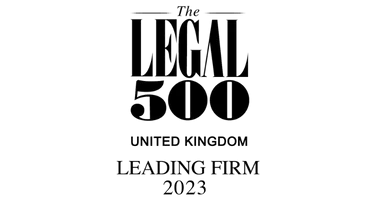What should you do, if after you have obtained Judgment, a debtor still doesn’t pay?
A brief outline of the various debt recovery options are detailed below so you are aware of your choices when attempting to recover what is owed to your business.
1. Bailiff / High Court Enforcement Officer
Bailiff’s recover smaller debts whereas High Court Enforcement Officers deal with higher value debts which have to be over £600. Officers cannot force entry into residential property but can freely access commercial business addresses and can levy upon assets, collect money on the spot or arrange and manage a repayment proposal with the debtor.
2. Charging Order
An application can be made to court to request a charge is entered against a debtor’s property to be used as security for the debt. Depending on the circumstances, after the charge has been obtained, this can be used to force the sale of the property in the absence of payment being received.
3. Attachment of Earnings
Money is deducted at source from a debtor’s salary via their employer by instalments. The papers are served upon the debtor by the court and in response they have to detail their income and expenditure. Debtors are initially allowed the opportunity to have a suspended order made so their employers aren’t aware of the Judgment; however, if they default a full order can be requested and the repayment amount will be decided by the court.
4. Oral Examination
The debtor is served with papers and ordered to come to court to answer questions on their income and expenditure. This can be used against individuals or Directors to answer questions about their company. This option is more of a fact finding exercise; however if the individual is served 3 times and refuses to attend court a warrant for their arrest may be issued and they could be ordered to go to prison for 7 days!
5. Third Party Debt Order
If details are known about money held by a third party on behalf of the debtor, such as their bank account, an application can be made to the court for the third party in question to freeze the account and the sums be held for your benefit. A hearing is listed where it is determined whether the court will order the third party to pay the money that they are holding for the debtor to you.
Various fees are payable with a proportion of them being recoverable from the debtor in all of the circumstances detailed above.




